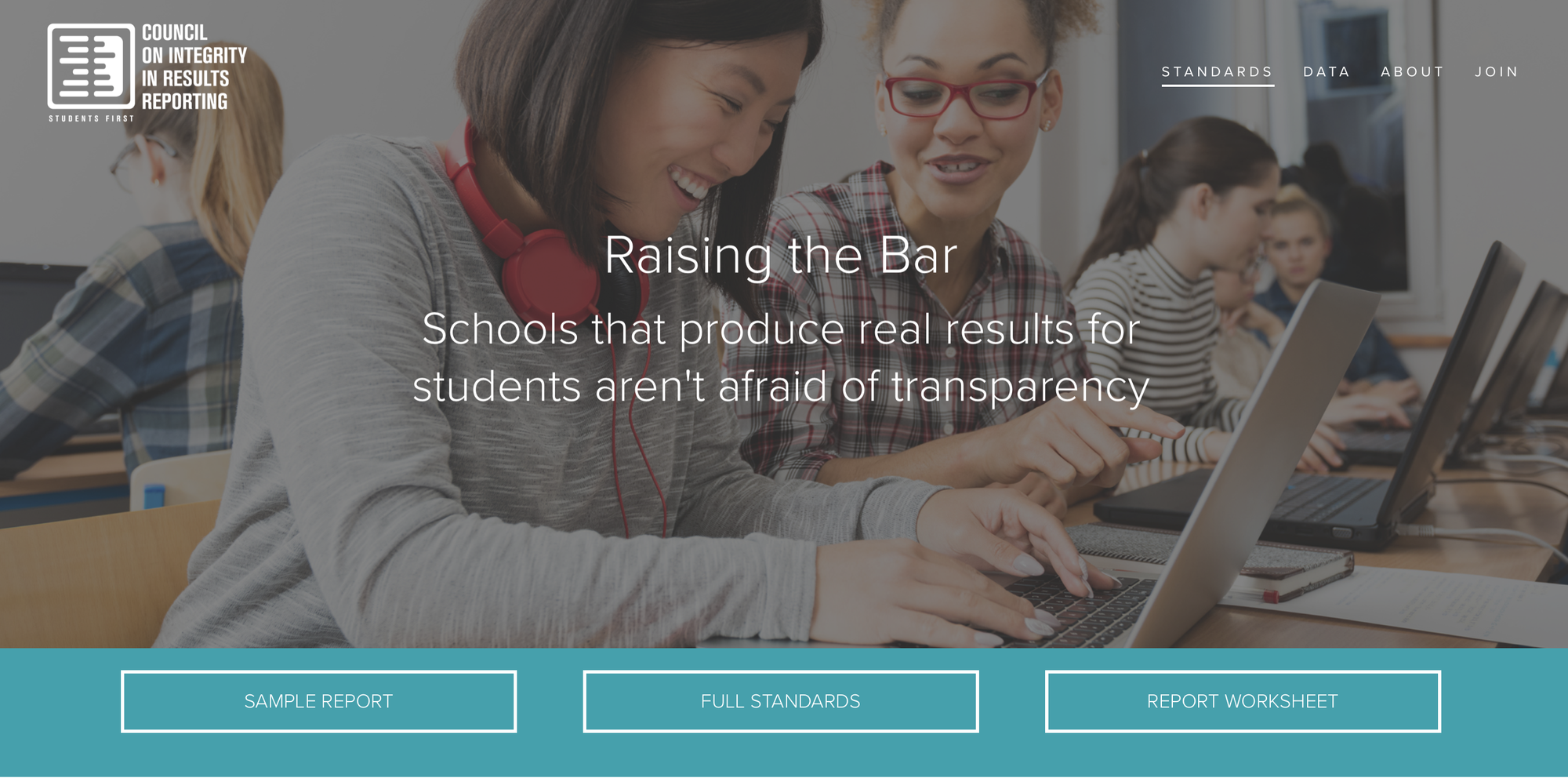You Need the Facts to Choose the School
Turing's Director of Finance & Admissions shares why Turing is committed to outcomes reporting.

The Council on Integrity in Results Reporting (CIRR) is a non-profit organization created by a group of schools who believed that students should have access to transparent, understandable, and verified outcomes reporting.
At the time CIRR was being formed, coding schools were still pretty new on the education scene. We had recently seen an explosion of new schools, many started by developers that had little or no background in education and were purely profit-motivated. Students were enrolling in courses that did not equip them with the skills to find gainful employment and were left with more questions than answers, and debt they could not afford to pay because they could not secure jobs in the field. Many schools were posting outcomes that did not include every student, counted freelance work as full-time, or were simply made up. The founding members of CIRR saw this trend and wanted to create a place for prospective students to turn to find reliable, upfront, and complete outcome reports for the schools they were considering attending. Students need to be accurately informed when making such a huge investment of time and money, and CIRR serves to provide that information.
Turing has been a part of CIRR from the initial discussions. Turing believes in transparency in everything we do. If a group was going to be formed that reported outcomes, well, then Turing wanted to be a part of it. We wanted to be able to be involved in every conversation about results reporting and consistently try to influence any decision regarding reporting to make sure outcomes were presented in a way that was transparent and benefited the prospective student. We feel that outcome has been achieved. Unless the student is deceased, deployed, or incarcerated, CIRR counts, in their denominator, every student who was enrolled in the program to find a new career. There is no leaving a student out because they went on to pursue further education, were unresponsive to outreach attempts, or chose to start their own business. If a student attends a boot camp with the hopes of getting a new career, they are counted, regardless if they change their plans down the road.

Many schools post their Outcomes Reports. Some schools have even posted in their outcome report why they are not a member of CIRR and why they do not subscribe to the CIRR reporting standard. Another feature of these reports is that they will list out the number of students who they are not counting and why. This leads to a misleading number of job seekers and allows for distortedly high numbers. For example if a student enrolled with the intention of getting a new career, but feels unprepared at graduation and goes back to school, they are removed from the denominator and not counted as job seeking, regardless of their initial intention. CIRR not only requires that every person who joins a school with the intention of finding a new career be counted in the results, CIRR requires that these results be audited by an outside company. If the auditors cannot verify the outcomes, the reported numbers are corrected on the report.
Turing does not always look amazing under the reporting standard of CIRR. For 2017 cohorts we currently have a 91% placement rate for students actively seeking jobs. Some take longer than 6 months, some do not fit into the nicely defined “not-seeking” boxes CIRR has, so they are counted as still seeking even though we know they are not. We still post our results, even though they show lower numbers like 68% or 72% job placement at the time of reporting. We know that Turing is not the right school for every person, and we want everyone to know that we are not afraid to be completely transparent and tell the story of every student that comes through our program.
Ultimately, we want to reduce time from graduation to employment. We use the numbers to make internal adjustments and improve within. They serve as data points for where we can do better. When we had lower employment numbers than we wanted, we focused on improving our career services department. When we had lower graduation rates than we wanted, we hired a Student Support Coordinator to reach out to students before day 1 of classes. We know that we will never achieve 100%, but we will keep iterating on our processes to get as close as possible.
In today’s changing technology landscape, employers want talent that is proven, diverse, and ready to do the job. Turing provides just that to the job market. Employers are looking to partner with schools that turn out capable students and are looking at the outcomes posted by schools. These outcomes give employers a shortcut in their job search, providing reliable information about whether a candidate from a school is likely to be able to perform. Employers are also reading between the lines when schools boast exceptional results but fudge the denominator.
If you are considering joining a bootcamp, you should consider doing the same thing, and look at outcomes reports the way employers do. If the boot camp you are considering does not post outcomes or is not a member of CIRR, you should ask why. You can find Turing’s Outcomes here. If you would like to learn more about Turing and see if software development may be for you, come spend a day with us at an upcoming Try Coding.

